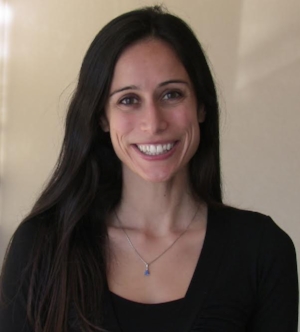

A 7-hour engaging kick-off event serving as the catalyst for change in a school community and the foundation to year-long programming. Challenge Day engages the entire community - parents, teachers, administrators and community leaders - in a multi-generational approach that builds connection, trust, healthy relationships, and social emotional skills in students and their networks of support to ensure long-term, sustainable impact. Founded in 1987 by Rich and Yvonne St. John-Dutra, Challenge Day has reached over a million youth and adults and offers programs worldwide. www.challengeday.org

After Challenge Day, student leaders use Challenge Denver's "Be the Change" curriculum to lead their school-based team to create meaningful change in the social emotional climate of their school using our "Notice, Choose and Act" framework. "Be the Change" teams empower students to live out the work of Challenge Day year-round in ways that are authentic to each school community.


Led by local clinical psychologist Dr Jessica Bloomfield, this workshop for teachers and administrators provides an opportunity to better understand the neuroscience behind adolescent brain development and behavior, and provides tools to ensure that social emotional best practices are embedded into classrooms year round.
Dr. Bloomfield earned her master's and doctorate from the University of Denver. She completed an APA-accredited predoctoral internship at the Carolinas Medical Center in Charlotte, North Carolina, and a postdoctoral fellowship with Southeast Psych, also in Charlotte. She currently has a private practice (www.bloomfieldpsych.com) and sees clients ages six through adulthood. In addition to her clinical practice, Dr. Bloomfield teaches at the University of Denver in the Graduate School of Professional Psychology.


During this five week "train the trainer" style series, educators improve their restorative skills to effectively build the proactive and trusting relationships with students required to support strong community and effective management of student behavior and conflict. This working group explores preventative Restorative Practices that support student voice and accountability among students, their peers, and educators. Participants collaborate to incorporate social emotional and trauma-informed strategies into their personal practice and eventually within their school team or school culture.

